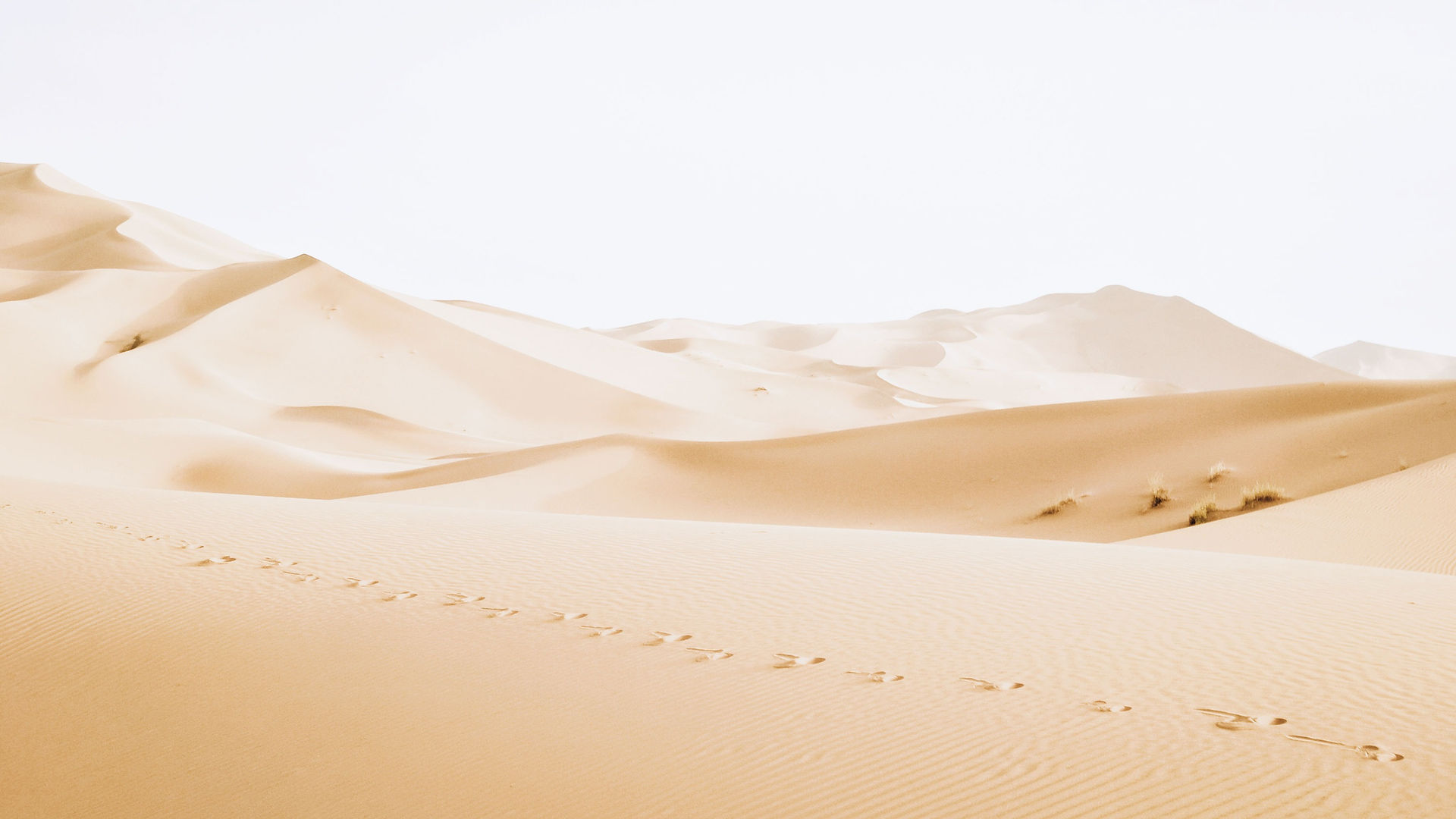
THE ORIGINAL WORKS
TABLE OF CONTENTS
Let us begin in the name of God, the most merciful, most gracious
Husayn Ibn Ali (p) leaves Medina
Coming soon
The martyrdom of Muslim ibn Aqeel (P) in Kufa
Kufe mein Bahar aaee jo Gulgusht e Chaman ko (Mirza Dabeer)
The eviction from the river banks
Coming soon
The night of Aashoor
Coming soon
The Day of Aashoor
Coming soon
The martyrdom of Hur ibn Yazid Al-Riyahi (p)
Har Sang Bina Laal o Gohar Mohr e Ali hai (Mirza Dabeer)
The battle and martyrdom of Zaynab’s sons, Aun & Mohammed (p)
Coming soon
The battle and martyrdom of Qasim ibn Hasan (p)
Dee run ki riza Shah ne jab Ibn Hasan ko (Mir Anees)
Zakhmee jo run mein Qasim e GulPayrahan hua
The battle and martyrdom Al-Abbas ibn Ali (p)
Kiska Alam Husayn ke Mimbar ki Zeb hai (Mirza Dabeer)
Kis Sher ki Aamad hai ke Run Kaamp Raha hai (Mirza Dabeer)
Saifee ka Namoona Meri Shamsheer Zuban hai (Mirza Dabeer)
Jaata hai Sher e Besha e Hyder Furaat par (Mir Anees)
The battle and martyrdom of Ali Al-Akber ibn Husain (p)
Jab mausam e jawaani, Akber guzar gaya (Mirza Dabeer)
Sab Mehfilon mein Noor ki Mehfil hai yeh Mehfil (Mirza Dabeer)
Dashte bala mein gum Ali Akber ki laash hai
Daulat koi duniya mein pisar se nahin behtar
Jab nowjawan pisar Shah e Deen se juda hua
Kisi ka khaana e ummeed be charagh na ho
Laash Akber ki jo maqtal se utha laae Husayn
Pidar ki maut hai marna jawan bete ka
Run mein humshakl e Payambar ne jo khaaee barchee
Run se jab kha ke sina Akber a Zeeshan aae
Shabbeer se jab run mein juda ho gae Akber
Zakhmee sina se run mein jo Sheh ka pisar hua
The martyrdom Ali Al-Asgher ibn Husayn (p)
Banu ke sheerkhaar ko haftum se pyaas hai (Mirza Dabeer)
Husayn (p) bids farewell to his family
Coming soon
The battle and martyrdom of Husayn ibn Ali (p)
Aamad hai Baadshah e Falak Baargah ki (Mirza Dabeer)
Khudrat ke Hosle ka Tajammul Husayn hai (Mirza Dabeer)
Kiski Zubaan se Pyaas ne Paee hai Aabroo (Mirza Dabeer)
Ravaana Nehr e Laban ko jo SheerKhuaar hua (Mirza Dabeer)
Sham-e-Gharibaan - The Night of Desolation
Coming soon
The imprisonment of women and children
Coming soon
The journey to Kufa and, then to Damascus, Syria
Coming soon
The bazaars of Damascus
Coming soon
The presentation before Yazid ibn Mu’waiya (L)
Coming soon
In the dungeons of Yazid’s prisons
Zindaan ki Taraf Hind Tajammul se Ravaan hai (Mirza Dabeer)
The martyrdom of Husayn’s daughter, Sakina bintul Husayn (p)
Coming soon
Release of the prisoners
Coming soon
Arrival of Husayn’s family in Karbala – ‘arbayeen’
Coming soon
The farewell in Karbala
Coming soon
Arrival of Husayn’s family in Medina
Coming soon
The second imprisonment of Ali ibne Husayn (p)
Coming soon
The martyrdom of Sayyeda Zaynab binte Ali (p)
Coming soon
The laments of Sayyeda Fatimah Zahra (p) on the day of judgment
Jab khurb hoga aamad e roz e nashoor ka (Mirza Dabeer)

